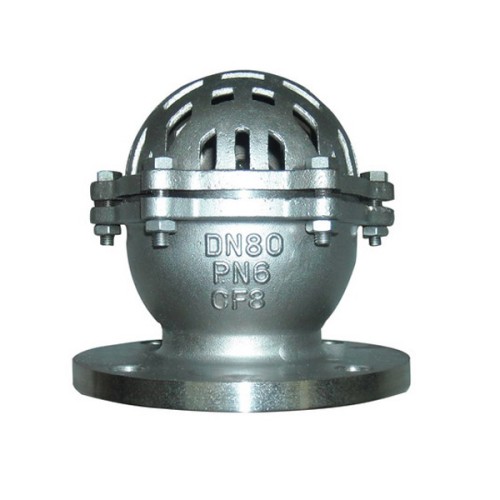Marine Electric Actuator - High-Performance Marine Automation Solutions
Marine Electric Actuators Revolutionizing Maritime Automation
In the contemporary world of maritime engineering, the role of electric actuators cannot be overstated. As vessels become increasingly sophisticated, the need for reliable, efficient, and precise control systems becomes paramount. Marine electric actuators stand at the forefront of this technological revolution, enabling a new era of automation in the maritime industry.
Marine electric actuators are devices that convert electrical energy into mechanical motion. They are designed for various applications, from steering systems and valve controls to cargo handling and propulsion systems. One of the primary advantages of these actuators is their ability to operate in harsh marine environments, where traditional hydraulic systems may fail due to saltwater corrosion and pressure fluctuations.
One significant benefit of marine electric actuators is their efficiency. Unlike hydraulic systems, which can lose power due to fluid compression and leakage, electric actuators provide a direct conversion of energy, resulting in minimal energy loss. This efficiency not only enhances the overall performance of the vessel but also reduces operational costs. As the shipping industry becomes more focused on sustainability and reducing carbon footprints, the adoption of electric actuators aligns with these goals, promoting greener operations.
marine electric actuator

Moreover, the precision offered by electric actuators is unparalleled. With advanced control algorithms and feedback systems, these devices can execute movements with high accuracy. This precision is crucial for applications such as dynamic positioning, where maintaining a vessel's position relative to underwater infrastructure is vital. By utilizing electric actuators, marine operators can achieve fine-tuned control, enhancing the safety and efficiency of their operations.
Another notable advantage is the reduced maintenance requirements of electric actuators. Traditional hydraulic systems often demand regular maintenance to address issues such as fluid leaks and component wear. In contrast, electric actuators typically have fewer moving parts and do not require hydraulic fluids, thus minimizing the need for upkeep and inspection. This reduction in maintenance not only saves time and resources but also increases the overall reliability of the systems in which they are integrated.
As the maritime industry continues to innovate, the integration of smart technologies with electric actuators is becoming more prevalent. Modern marine electric actuators can be equipped with sensors and IoT capabilities, allowing for real-time monitoring and diagnostics. This connectivity empowers operators to predict maintenance needs, optimize performance, and enhance safety measures. The data collected can also be used to improve operational strategies, contributing to more efficient and effective maritime operations.
In conclusion, marine electric actuators represent a significant advancement in the field of maritime automation. Their efficiency, precision, and reduced maintenance requirements make them an ideal choice for various applications within the maritime industry. As the sector moves towards more sustainable and technologically advanced solutions, the adoption of electric actuators is likely to increase, fueling further innovations and improvements in maritime safety and efficiency. With ongoing research and development, the future of marine electric actuators looks promising, paving the way for smarter and more responsible maritime operations.
-
The Key to Fluid Control: Exploring the Advantages of Ball Valves in Industrial SystemsNewsJul.09,2025
-
The Versatile World of 1, 2, and 3 Piece Ball ValvesNewsJul.09,2025
-
Stainless Steel Ball Valves: The Ideal Choice for Efficient Flow ControlNewsJul.09,2025
-
Optimizing Fluid Control with Ball Float ValvesNewsJul.09,2025
-
Manual Gate Valves: Essential for Control and EfficiencyNewsJul.09,2025
-
Everything You Need to Know About Butterfly ValvesNewsJul.09,2025
-
The Versatility of Wafer Type Butterfly ValvesNewsJul.08,2025




